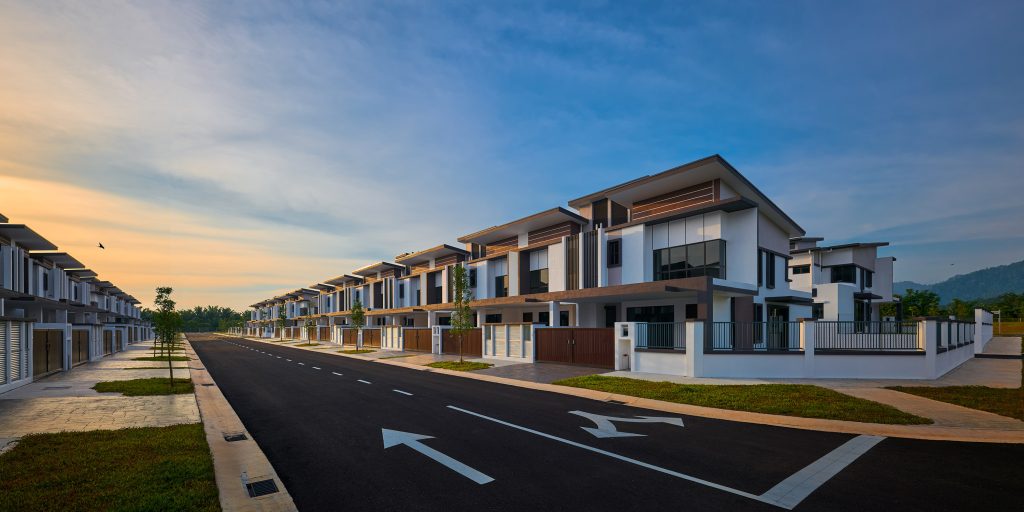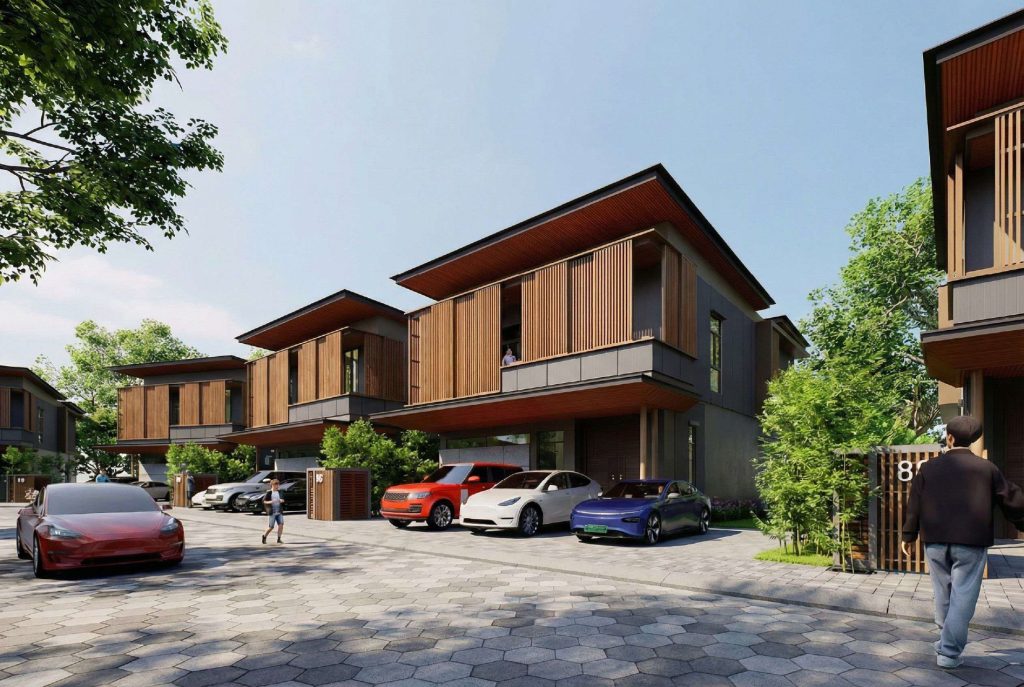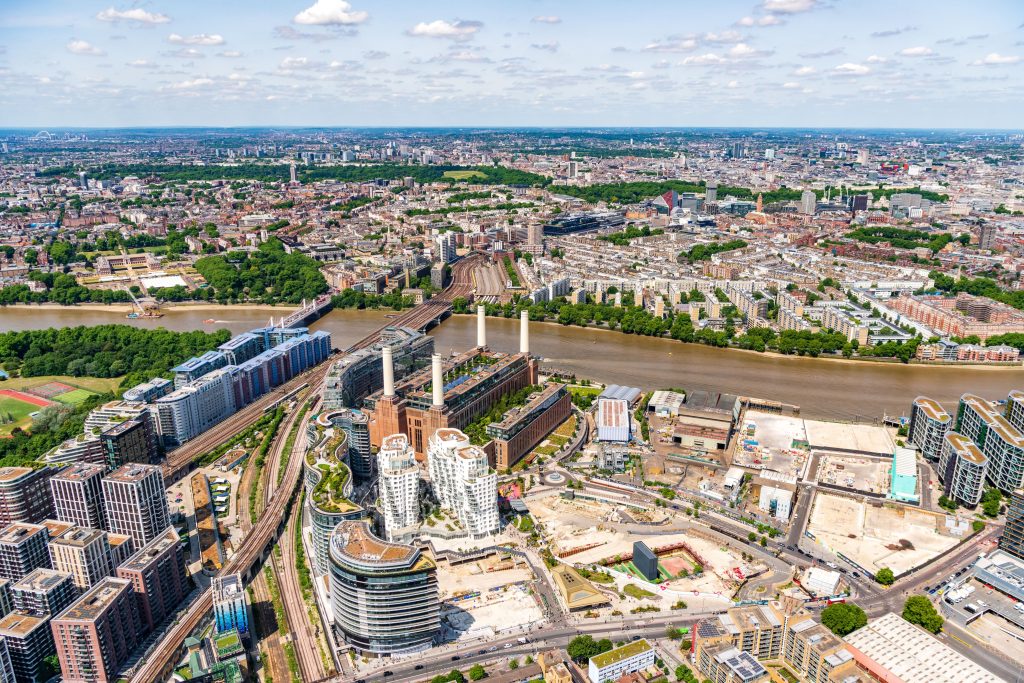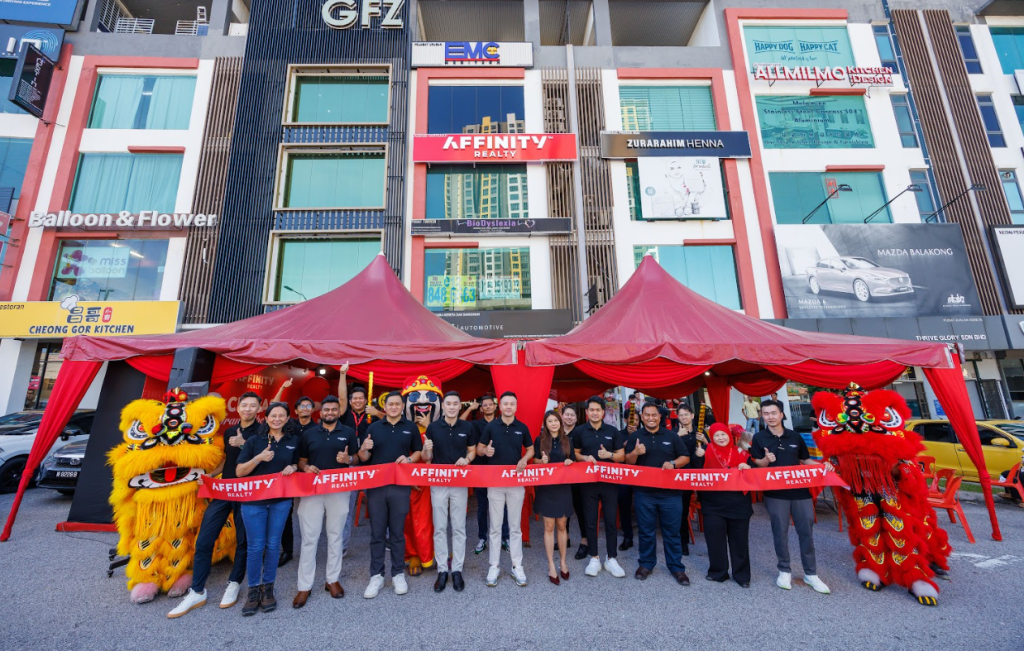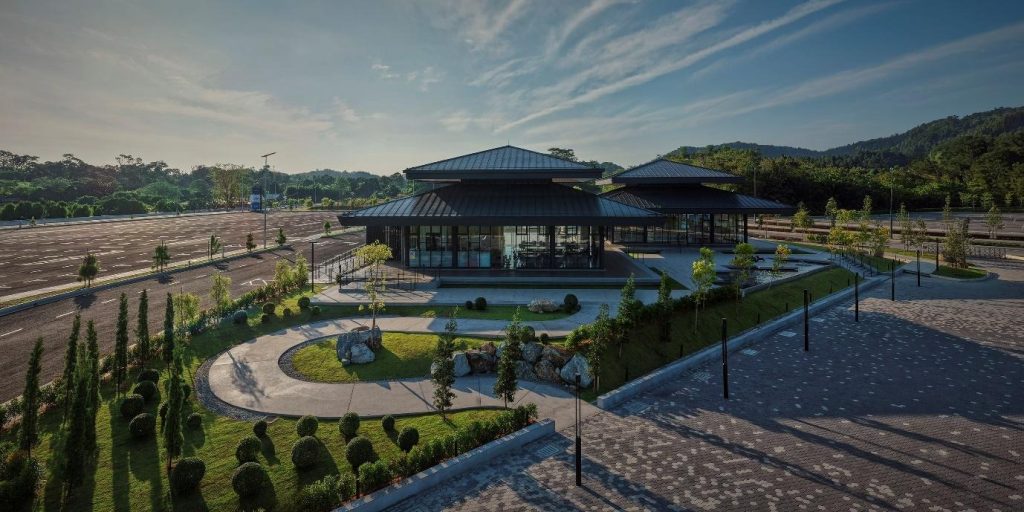How real estate companies in Malaysia are embracing net zero through decarbonisation pathways and adaptation efforts
Contributed by Arina Kok
The United Nations Climate Change Conference (COP27), which was recently concluded on Nov 18 2022 in Egypt, has resulted in countries delivering a package of decisions that reaffirmed their commitment to limit global temperature rise to 1.5°C above pre-industrial levels. The key progress of this year’s COP is the ground-breaking decision to establish new funding arrangements and a dedicated fund to assist developing countries.
Malaysia revised its Nationally Determined Contributions (NDC) in July 2021 to a 45% unconditional target to cut carbon intensity against the GDP by 2030 compared to 2005 levels, strengthening its commitment to carbon neutrality by 2050 and has also released the National Low Carbon City Masterplan to help guide the implementation of low carbon developments and initiatives in Malaysia. It is vital that the property sector formulates the relevant strategies and works alongside the government, to help the nation achieve these plans.
Real estate plays a key role in decarbonising the global economy as it contributes nearly 40% of global carbon emissions. Unsustainable buildings are facing increasing devaluation and there is no doubt that green cities and buildings will be key to mitigating climate-related risks. There has been a growing interest in net zero energy building codes, where buildings are designed and built to consume as little energy as possible and green building certifications guide the integration of green designs with features such as rooftop solar, energy efficiency systems and lighting, improved insulation, and smart-home technology.
Real estate sector's climate adaptation role
In COP27, climate change adaptation was the focus as developing countries are still struggling to deal with physical climate risks and impacts, especially flooding. Malaysia is currently preparing a National Adaptation Plan and the real estate sector plays a critical role in providing critical infrastructure towards climate resilience.
Critical green infrastructure measures such as sustainable drainage systems, green corridors, green urban areas and trees in cities including green walls and roofs can help to increase the resilience of the built environment, particularly when integrated into urban planning and coupled with nature-based solutions.
Real estate sector's climate mitigation role
According to the International Energy Agency (IEA) net zero milestones, all new buildings will be zero-carbon ready by 2030, 50% of existing buildings will be retrofitted to zero-carbon ready levels by 2040 and more than 85% of the buildings will be zero-carbon ready by 2050. To overcome the challenges in meeting these milestones and effectively transitioning towards net zero, the real estate industry will need to review and transform its operations. This includes adopting new technologies and reducing energy consumption through fuel switching and reducing supply chain emissions such as embodied carbon.
To set the real estate sector on this path, five key areas can be considered, focusing on both the construction and operational phases:
- Improve operational efficiency and reduce energy demand
- Energy efficiency measures include smart metering, installing LED lighting, optimising building management systems (BMS), upgrading mechanical systems and measuring output in close collaboration between the tenant, building manager, owner and investor.
- Electrification of owned and third-party machinery and transportation
- Malaysia’s green mobility agenda is already encouraging the adoption of electric vehicles (EV) and the real estate sector plays a critical role in providing the relevant EV infrastructure within its developments.
- Aggressive renewable energy adoption
- Renewables are key and the most common types of renewable energy in Malaysia are solar photovoltaic panels, community renewable energy facilities, power purchase agreements, and other mechanisms enabled by the state or local laws and utility policies.
- Reduce embodied carbon
- Embodied carbon accounts for the highest percentage of emissions in the sector and arises predominantly from construction materials such as cement and steel. Opting for low-carbon construction materials, such as green concrete and limiting carbon-intensive materials, among other initiatives can enable a reduction in embodied carbon.
- Circular construction could also help developers to design with reduced amounts of raw material, thus minimizing the embodied carbon footprint.
- Retrofit existing buildings and develop new buildings towards a net zero building energy code
- Policies are key to driving the implementation and integration of building design towards net zero. The New Building Institute (NBI) recognises three pathways to get to the net zero levels, namely Zero Energy Construction Code, Zero Energy Outcome Policy and Zero Carbon Code/Policy. Under the Zero Energy Construction Code, projects are required to demonstrate that submitted building plans are designed to achieve a zero-energy outcome. The Zero Energy Outcome Policy requires buildings to demonstrate net zero energy use based on measured building performance outcomes while the Zero Carbon Code/Policy requires the elimination of building-level combustion and moving energy cost/source metrics to greenhouse gas (GHG) emission metrics.
The scale of action required towards reaching a net zero country cannot be underestimated and it requires the fundamental transformation of all sectors, including energy, transport, manufacturing, infrastructure and agriculture. The real estate sector is key to driving urgent adaptation actions, such as the revision of building codes, and innovative design and construction approaches to be energy efficient and climate resilient.
Stay ahead of the crowd and enjoy fresh insights on real estate, property development, and lifestyle trends when you subscribe to our newsletter and follow us on social media.






